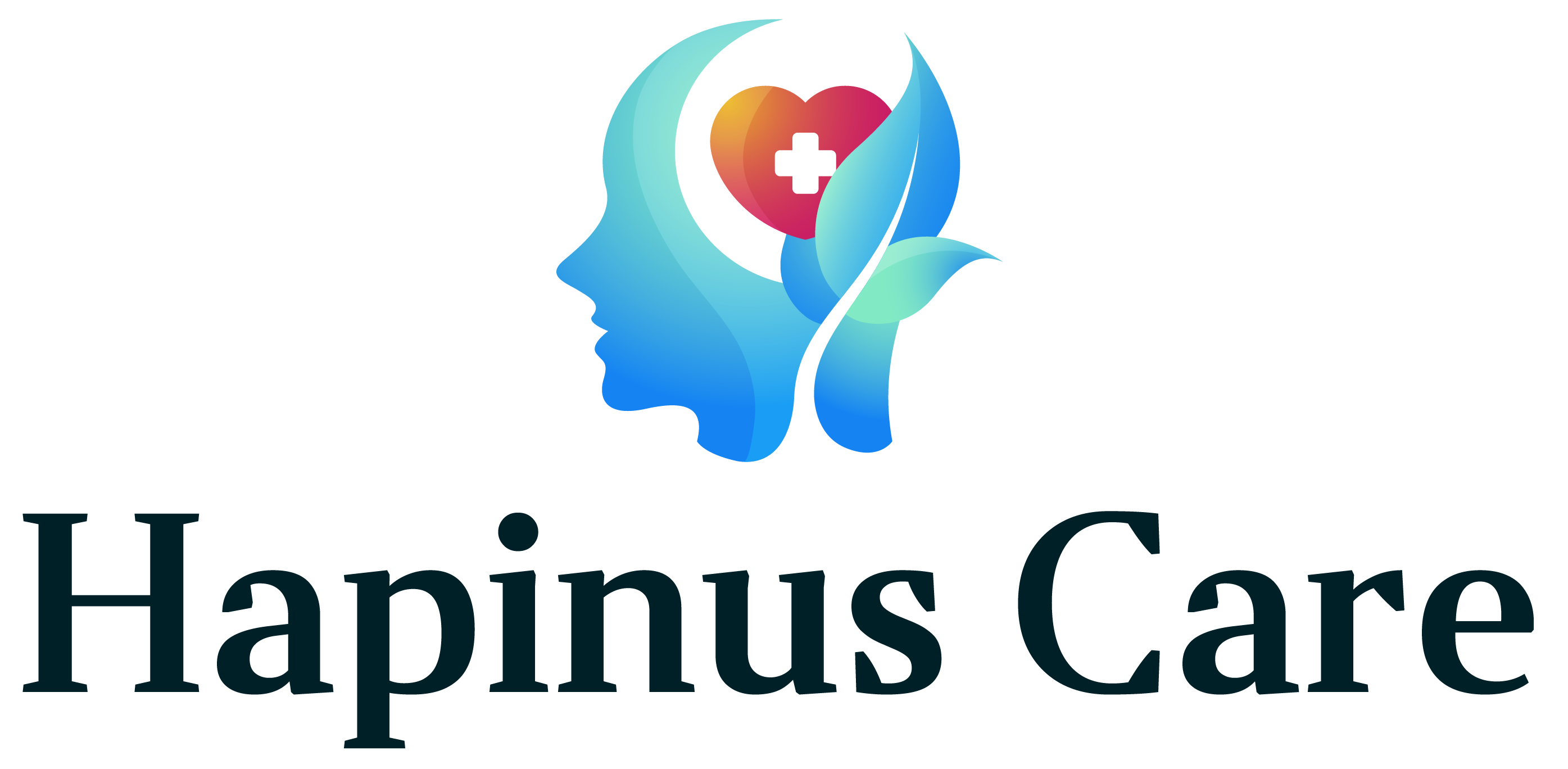Speech & Language Therapy

Speech-language pathologists, sometimes referred to as speech therapists, assist clients of all ages who struggle with speech and language. Numerous factors, including developmental delays, neurological disorders, strokes, trauma, or other health problems, could be the reason for this. One sort of therapy that helps people become better communicators is speech and language therapy. Speaking, comprehending language, expressing ideas and emotions through language, and even eating are examples of this.
Speech therapists employ games, exercises, and activities to target particular communication goals during therapy sessions. They support people in developing stronger speech muscles, better pronunciation, expanding their vocabulary, comprehending grammar, and improving their social communication abilities.
Each person’s needs are taken into account when providing speech and language therapy, which may include working on speaking clearly, using assistive technology or sign language, developing listening skills, or treating swallowing issues. Helping people communicate more efficiently, express themselves confidently, and engage more completely in daily life is the overarching goal of speech and language therapy.
WHO NEEDS SPEECH & LANGUAGE THERAPY?
People with swallowing or communication issues of any age can benefit from speech and language therapy. The following individuals could gain from speech and language therapy:
Children with speech and language delays: Some kids may struggle to make speech sounds, communicate verbally, grasp language, or participate in a conversation. Children who receive speech therapy might become more proficient communicators and catch up to their peers.
Children with developmental problems: Speech therapy can help people with developmental disorders including autism spectrum disorder (ASD), Down syndrome, cerebral palsy, or intellectual disabilities who struggle with communication.
Adults with neurological conditions: To restore or enhance their communication skills, people with neurological conditions like strokes, traumatic brain injuries, Parkinson’s disease, multiple sclerosis, or Alzheimer’s disease may need speech therapy.
People with speech disorders: Speech therapy can be used to treat certain speech disorders, such as stuttering, dysarthria (weakness or difficulty controlling the muscles used for speech), or apraxia of speech (difficulty planning and coordinating movements for speech).
Children and adults who struggle with swallowing: Speech therapists also assist those with dysphagia, or difficulty swallowing. Numerous factors, such as age, cancer therapy, or neurological problems, might cause this. Techniques used in speech therapy can enhance swallowing ability and lower the chance of consequences like aspiration pneumonia.
Voice issues: Speech therapy can help people with voice disorders such hoarseness, vocal nodules, or vocal cord paralysis by enhancing their vocal quality, resonance, and general vocal function.
People who struggle with communication because of hearing loss: Speech therapy can help people who are hard of hearing or deaf learn spoken language, improve their auditory processing, and use augmentative and alternative communication (AAC) devices or sign language as a form of alternative communication.
In general, speech and language therapy can help anyone who is having trouble swallowing, communicating, producing speech, understanding language, or expressing themselves. A speech-language pathologist can provide this expertise.

